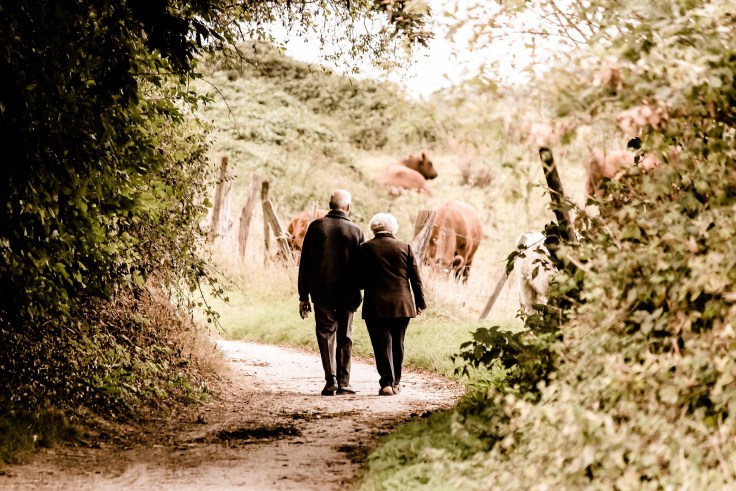Informed Aging
Informed Aging
The Harvard community explores the physical, spiritual, and intellectual aspects of growing older.
Research to grow old with
Sharon Inouye
Sharon, head of the Aging Brain Center at Harvard-affiliated Hebrew Senior Life, introduced the National Academy of Medicine prize contest that will award $30 million to foster innovations in healthy aging.
Richard Hodes
As director of the National Institute on Aging, Richard investigates the biological intricacies of growing older.
Sneha Dutta
While at Harvard Chan School, Sneha worked to understand the underlying processes that go wrong during aging.

Stay active
Research by the Harvard community, including evolutionary biologist Daniel Lieberman and research associate Dong Hoon Lee, have found that regular exercise can help increase lifespans and decrease chronic health risks. Research around Alzheimer’s in particular has shown that exercise helps to generate new neurons and improve cognition in mice.

Better understand your diet
Harvard researchers found that, in women, a greater adherence to the Mediterranean diet correlated with longer telomeres, one of the biomarkers of aging. A study of older men showed that those who maintain healthier diets are 25% less likely to develop physical impairment with aging. In general, our research points to the fact that choosing healthy foods is key to reducing the risk of premature death.
Mindset and spirituality
Research shows that our outlook on life, death, grief, and faith can shape how we age in interesting ways.
Facing death without religion
As people near the ends of their lives, what roles do spirituality and religion play?
Spirituality has been linked with better health outcomes
A new study finds that for many patients, spirituality is important and influences key outcomes in illness.
The profound sadness of prolonged grief
Not only were older adults hit hard by COVID-19, many also lost the social constructs that would normally ease the grieving process.
Addressing loneliness
A nonprofit social enterprise founded by two Harvard students seeks to eradicate the “loneliness epidemic” that impacts many older adults.
Neural activity and human longevity
The brain’s neural activity—long implicated in disorders ranging from dementia to epilepsy—also plays a role in human aging and life span.
Caring for spiritual needs
A program at Harvard Divinity School helps teach its chaplains how to befriend and comfort the sick and the dying.
Feeling secure in retirement
Leaving the workforce is a major financial and psychological decision. Our experts explore ways to ensure success during that transition.

How retirement changes your identity
Important psychological shifts take place leading up to, and during, retirement. That holds especially true for workers who identify strongly with their job and organization.
How retirement changes your identity- Harvard Kennedy School
How do unpredictable shifts impact older workers?
- Harvard Division of Continuing Education
Remaining a lifelong learner
- Harvard Kennedy School
Saving for retirement
- Harvard Medical School
Is there a place for dignity in eldercare?
- Harvard Business School
Reinventing your career
YOU MAY ALSO LIKE















